When I first started building my credit, I didn’t know much about the credit score system, but I quickly learned that it was crucial to have a good credit score to take out loans, rent an apartment, or even secure a job.
After years of hard work and dedication, I finally achieved an 800 credit score. In this article, I’ll share my journey and offer tips on how you can also improve your credit score.
Key Takeaways
- Maintaining a good payment history and credit utilization ratio are key factors in achieving an 800 credit score.
- Consistency and patience are crucial when building and maintaining a good credit score.
Understanding Credit Score

When I first started working on improving my credit score, I knew that I needed to understand what it was and how it was calculated. Your credit score is a number that represents your creditworthiness and is used by lenders to determine whether or not to extend credit to you.
There are several factors that go into calculating my credit score, including my payment history, the amount of debt I owe, the length of my credit history, and the types of credit I have. It’s important to remember that not all credit scores are created equal, and different lenders might use different scoring models.
One of the most widely used credit scoring models is the FICO score, which ranges from 300 to 850. A score of 800 or above is generally considered excellent, while a score below 600 can make it tough to get credit.
To boost my credit score, I need to focus on paying my bills on time, keeping my credit utilization low, and maintaining a mix of credit types. It’s also a smart move to regularly check my credit report for errors and dispute any inaccuracies I find. Staying proactive about my credit health is key!

Importance of 800 Credit Score
Having a good credit score is super important for a bunch of reasons. It can totally impact my ability to get approved for loans, credit cards, and even apartments. But having a credit score of 800 or higher opens up even more opportunities and perks.
For me, rocking an 800 credit score has allowed me to qualify for the best interest rates and terms on loans and credit cards. This has saved me thousands of dollars over the years in interest payments, which is a huge win! Plus, it gives me peace of mind knowing I have a solid financial foundation.
On top of the financial benefits, having an 800 credit score also gives me a sense of pride and accomplishment. It shows that I’ve been responsible with my credit and have a solid history of making timely payments. It’s a great feeling to know I’m on top of my credit game!

Starting on the Right Foot: Building Credit Early
When I was just starting out in the world of credit, I knew that building a solid foundation was key to achieving a high credit score. Here are some of the steps I took to start on the right foot:
- Getting a credit card: I applied for a credit card with a low credit limit and made sure to pay off the balance in full every month. This helped me establish a positive credit history and showed lenders that I was responsible with credit.
- Becoming an authorized user: I became an authorized user on my parents’ credit card and made sure to use it responsibly. This allowed me to piggyback off their positive credit history and gave me a boost in my own credit score.
- Paying bills on time: I made sure to pay all of my bills on time, including rent, utilities, and student loans. Late payments can have a negative impact on your credit score, so it’s important to stay on top of them.
- Keeping credit utilization low: I kept my credit utilization (the amount of credit I was using compared to my credit limit) low by only using my credit card for small purchases and paying it off in full every month. This showed lenders that I was responsible with credit and helped me maintain a good credit score.
By starting on the right foot and building a solid foundation for my credit, I was able to achieve a high credit score and enjoy the benefits that come with it. I suggest getting any card you can even if it is secured, then pay on time, and as your score improves you can get one of the hard to get cards.
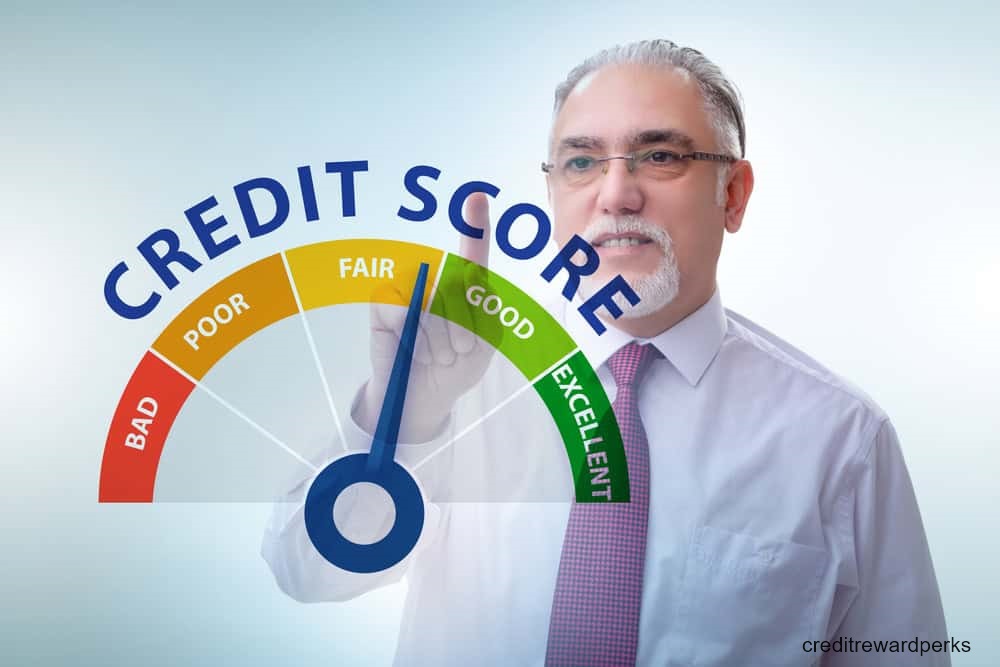
I am proud to say that I have achieved an 800 credit score. As someone who has always been financially responsible, I have worked hard to maintain a good credit score, and reaching the highest possible score has been a personal goal of mine for years. I recently got a car loan for 2%.
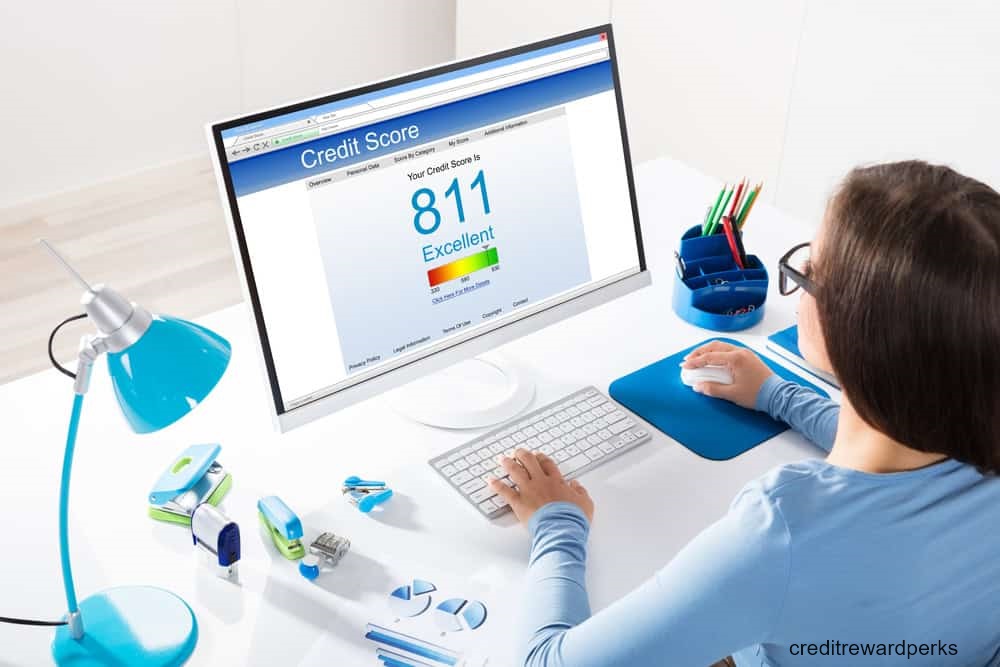
Staying on Top of Payments
One of the most important factors in achieving and maintaining a high credit score is staying on top of payments. Late payments, even just a few days overdue, can significantly lower your score and make it much harder to recover.
To ensure that I never miss a payment, I set up automatic payments for all of my bills. This way, the money is automatically deducted from my account each month and I don’t have to worry about forgetting to pay a bill on time.
I also keep track of my payment due dates using a calendar or reminder app on my phone. This helps me stay organized and ensures that I never miss a payment.
If I ever do find myself in a situation where I’m unable to make a payment on time, I reach out to the creditor as soon as possible to explain the situation and work out a payment plan. This not only helps me avoid late fees and penalties, but it also shows the creditor that I’m responsible and willing to work with them to resolve any issues.

Credit Utilization: The Magic Ratio
Maintaining a low credit utilization ratio is one of the best ways to boost my credit score. Credit utilization is basically the amount of credit I’m using compared to the amount I have available. For example, if I have a credit card with a $10,000 limit and a balance of $2,000, my credit utilization ratio is 20%.
Ideally, I want to keep my credit utilization ratio below 30%. So, if my total credit limit is $20,000, I should aim to keep my balance under $6,000. If I can keep that ratio below 10%, that’s even better! Sometimes I splurge on things like a pricey trip or a new computer, but I make sure to pay it off within three months. I like to call that exercising my credit! It keeps my score healthy while still letting me enjoy the things I want.
List of high demand low approval cards.

To maintain a low credit utilization ratio, there are a few steps I can take. First off, I can pay off my credit card balances in full each month. This way, I won’t be carrying a balance, and it helps keep my credit utilization ratio nice and low.
Another smart move is to ask for a credit limit increase. This will boost the amount of credit I have available, which in turn lowers my credit utilization ratio. It’s a simple way to give my score a little extra boost while still enjoying the flexibility of my credit!

The Role of Credit History Length
One important factor that affects my credit score is the length of my credit history. In my case, I’ve had credit cards and loans for over a decade, which has definitely helped boost my score.
When lenders check out my credit report, they like to see a long history of responsible credit use. It shows that I’m a reliable borrower who’s likely to pay back my debts on time. If someone has a short credit history, lenders might be a bit hesitant to extend credit because they don’t have enough info to gauge the risk. So, building that credit history has been key for me!

To build a longer credit history, I can start by opening a credit card account and using it responsibly. I just need to make sure to pay my bills on time and keep my balances low. Over time, my credit history will grow longer, which can really help improve my credit score.
It’s also important to note that closing old credit accounts can actually hurt my score. That’s because it shortens my credit history and reduces the amount of available credit I have. Instead of closing those old accounts, it’s way better to keep them open and use them occasionally to maintain my credit history. It’s all about playing the long game!
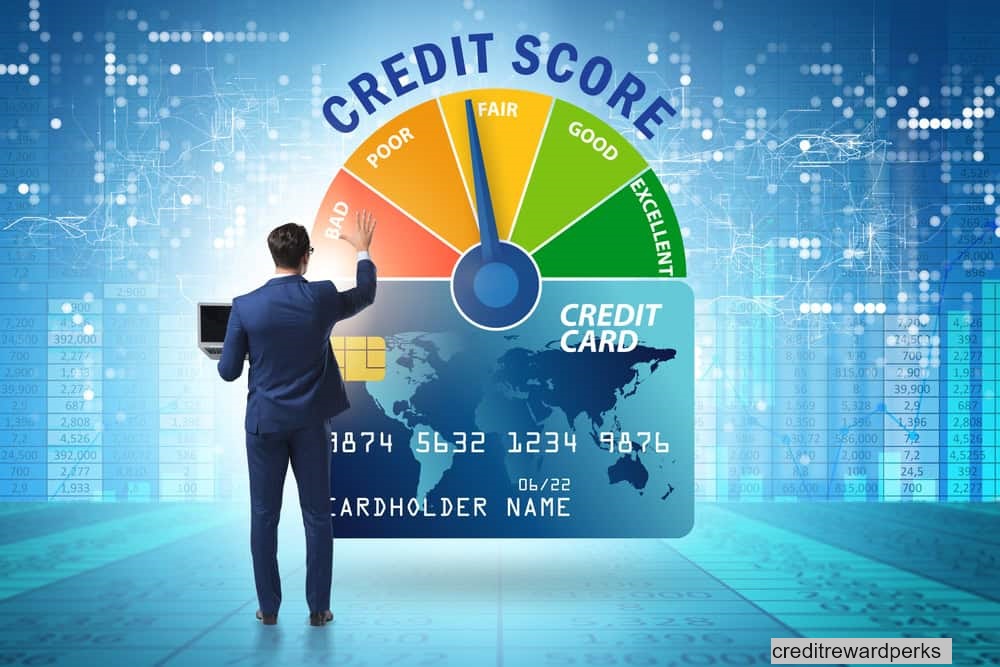
Importance of Credit Mix
When it comes to building a strong credit score, having a diverse credit mix is super important. This means I should aim for a blend of different types of credit, like credit cards, installment loans, and mortgages.
Having a mix of credit shows that I can handle different types of debt responsibly. Lenders want to see that I can manage various forms of credit and make my payments on time.
One way I can diversify my credit mix is by considering an installment loan. This type of loan, like a car loan or a personal loan, requires regular payments over a set period of time. Adding an installment loan can help improve my credit mix and demonstrate to lenders that I can handle this kind of debt.
Another way to diversify my credit mix is by using a credit card responsibly. If I make regular payments on time and keep my credit utilization low, I can show lenders that I’m responsible with credit card debt. It’s all about proving I can juggle different types of credit effectively!

New Credit: A Double-Edged Sword
When I first started working on improving my credit score, I thought getting more credit would be the key to success. However, I quickly realized that new credit can be a double-edged sword.
On one hand, opening a new credit account can increase your available credit and lower your credit utilization ratio. This can have a positive impact on your credit score, especially if you have a low credit limit on your existing accounts.
On the other hand, applying for new credit can also result in a hard inquiry on your credit report. This can temporarily lower your credit score and stay on your report for up to two years. Additionally, if you are not able to manage your new credit responsibly, it can have a negative impact on your credit score.
To avoid the negative impact of new credit, I made sure to only apply for credit when I really needed it and when I was confident that I could manage it responsibly. I also made sure to keep my credit utilization ratio low, even with the additional credit available to me.
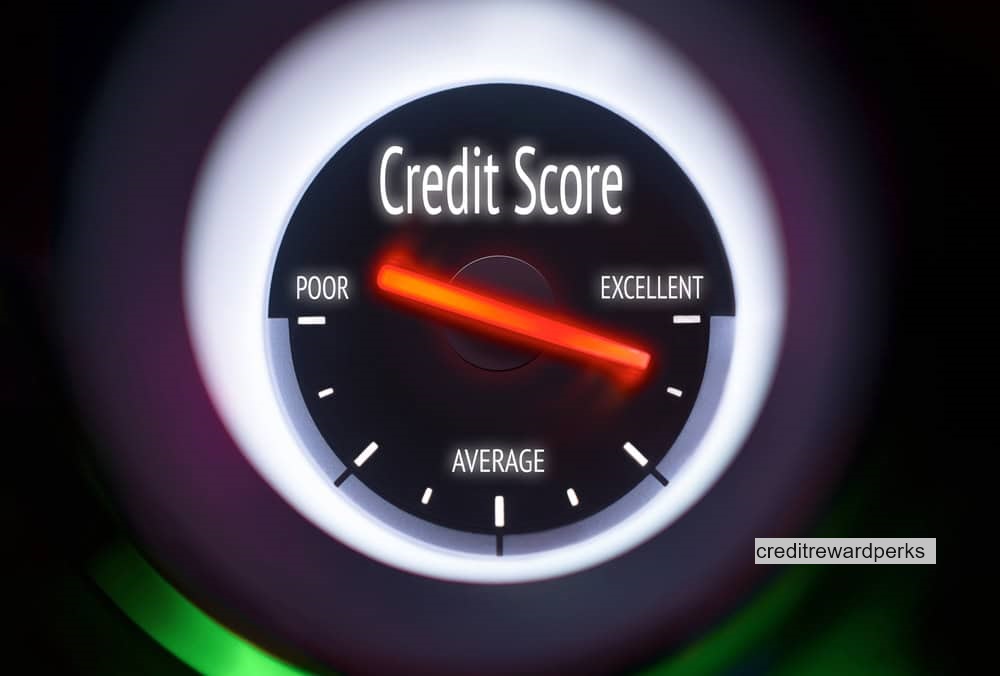
Disputing Credit Report Errors
When I first started working on improving my credit score, I realized that there were some errors on my credit report. These errors were negatively affecting my credit score, so I knew I needed to take action.
The first step I took was to obtain a copy of my credit report from all three credit bureaus. I carefully reviewed each report, looking for any errors or inaccuracies.
When I found an error, I disputed it with the credit bureau. This process can be done online or through the mail. I chose to do it online because it was faster and more convenient.
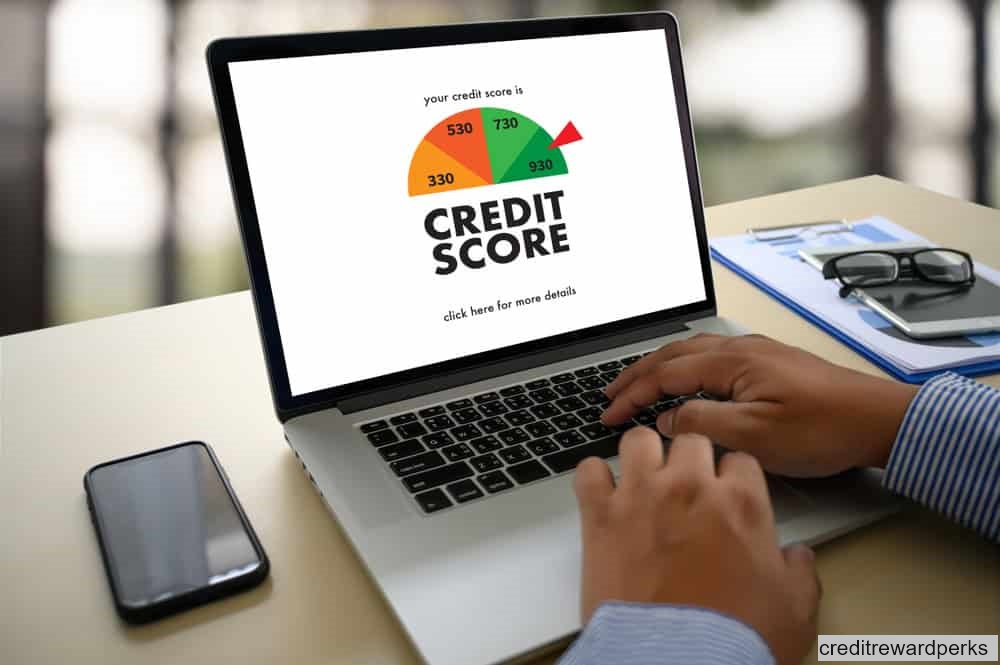
In my dispute, I provided evidence to support my claim that the information was incorrect. This could include bank statements, receipts, or other documents.
After submitting my dispute, the credit bureau had 30 days to investigate and respond. In some cases, the error was corrected and my credit score improved. In other cases, the credit bureau found that the information was accurate and my dispute was denied.

Maintaining Your 800 Credit Score
Once I’ve hit that 800 credit score, it’s crucial to maintain it. Here are some tips that have really helped me keep my score high:
-
Pay Bills on Time: This is the most important factor in keeping a good credit score. I set up automatic payments or reminders so I never miss a payment.
-
Keep Credit Utilization Low: I make sure not to max out my credit cards. Keeping my credit utilization below 30% of my available credit is key.
-
Don’t Close Old Accounts: The length of my credit history matters, so I keep old accounts open and use them occasionally to keep them active.
-
Monitor Credit Reports: I check my credit reports regularly to catch any errors or fraudulent accounts. It’s a smart way to stay on top of my credit health.
-
Avoid Opening Too Many New Accounts: I steer clear of opening too many new accounts in a short period of time because that can lower my credit score. Keeping it balanced is the way to go!
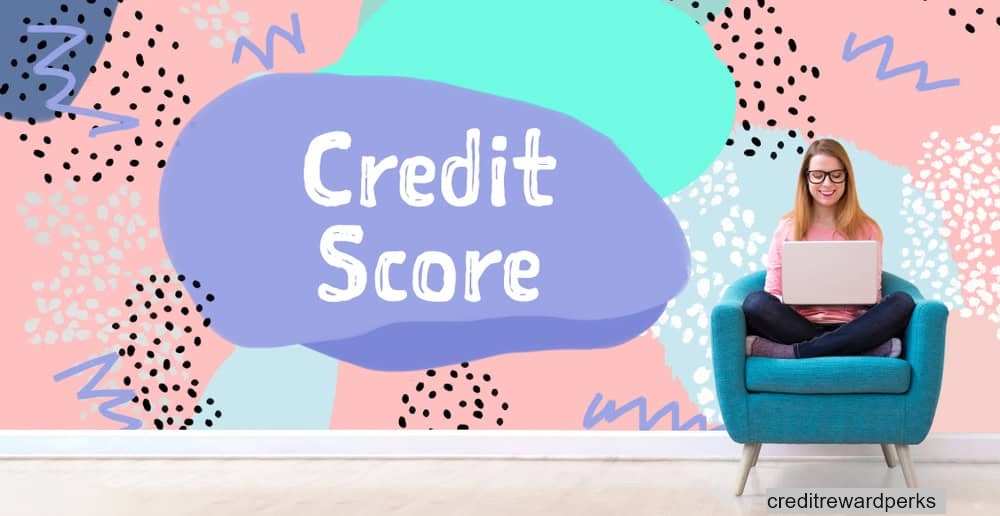
One of the biggest lessons I learned on my journey to an 800 credit score was the importance of patience. Building good credit really takes time and consistent effort. In my case it was over 7 years. I had to remind myself not to get discouraged by setbacks or slow progress. Staying focused and committed made all the difference in the long run! I did it and I think you can too.
Learn more about Credit Reward Perks and Travel



Is the top score 850 or 900? I have heard both. I also heard anything over 800 is the best and 810 or 845 is not any better than 800 as you are in the to tier.
I am trying to get one the more difficult cards like:
Amex black
JPM Reserve
Chase SR
INK Bus
U.S. Bank Altitude
Dubai First Royale MC
Stratus Rewards
Palladium Card
BA Accolades
So far I have not been successful. I should have not applied for so many because that counts against you, the credit bureaus report applications even if disapproved. Any Ideas?
My score was stuck in 700-750 range for over 10y. I gave up trying to improve. And then it broke out, and now over 800 but I do not know why. It makes no sense. I realize I need to just start and do what I can.
What is the best card you can get with a 750 or 800 score?
I finally got my score above 800 and now that I have excellent credit I do not need much credit. When I did need credit I could not get much. Funny how that is. I get a few offers in the mail every week. I trash them all.
Nice post BTW.
When I first started, I was overwhelmed by all the information out there, but breaking it down like you did really helped me grasp the essentials.
You’re absolutely right about the importance of payment history; it’s often the most significant factor in determining your score. I found that setting up automatic payments for my bills not only helped me avoid late fees but also contributed positively to my credit history.
Keeping credit utilization low is another crucial point. I aim to keep mine below 30%, and I’ve noticed that even small changes in my spending habits can make a big difference in my score.
Take care.
Wow, congratulations on reaching an 800 credit score! That’s an incredible achievement and a testament to your hard work and commitment to understanding the credit system. I completely agree that having a solid credit score opens up so many opportunities, from securing loans to finding the perfect apartment.
My score has been in 700-820 range for years, I got dinged for a late car payment that was not my fault.
Your point about communicating with creditors is crucial. Life can throw unexpected challenges our way, and being proactive about reaching out when you can’t make a payment shows a lot of responsibility. I did this once when I faced a temporary financial setback, and my creditor was surprisingly understanding.
Using a calendar or reminder app is another great strategy. I’ve found that visual reminders can be really helpful